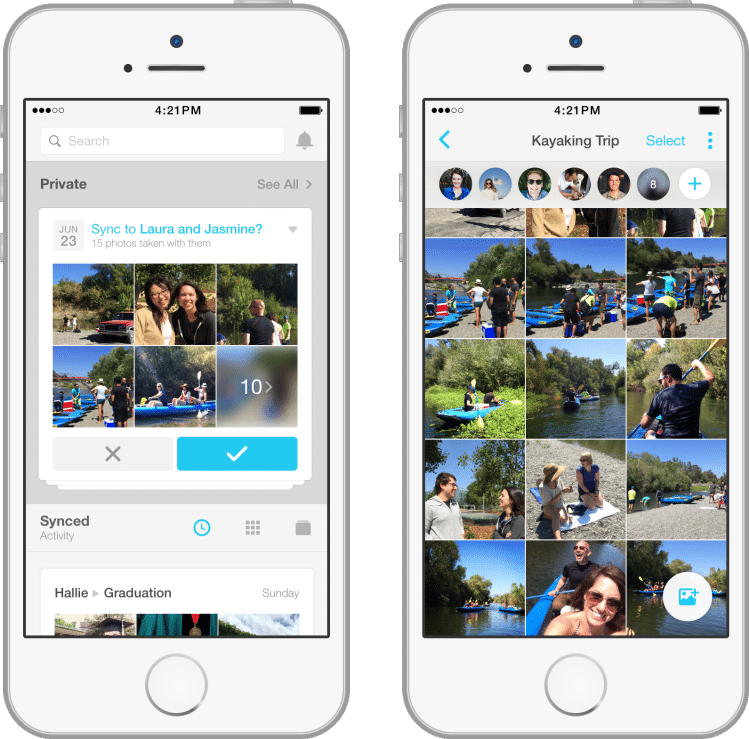A New York Times report released Saturday revealed that the communications giant AT&T provided assistance to the National Security Administration. The two spied on American citizens by getting access to emails and other private forms of communication over the past decade.
“AT&T has given the N.S.A. access, through several methods covered under different legal rules, to billions of emails as they have flowed across its domestic networks, ” reports The New York Times.
Documents from 2003-13 also reveal that surveillance equipment was installed in 17 different AT&T Internet hubs. That means that former NSA contractor Edward Snowden was right. Snowden uncovered that the NSA was monitoring the United Nations Internet traffic at the AT&T New York headquarters between 2011-13. However, his leaks did not connect AT&T with the NSA.
The New York Times and Pro Publica have reviewed the documents granted to them by Snowden.
According to Reuters reporter Will Dunham, “AT&T started in 2011 to provide the NSA more than 1.1 billion domestic cellphone calling records daily after ‘a push to get this flow operational prior to the 10th anniversary of 9/11,’ referring to the Sept. 11, 2001, attacks on the United States, the Times reported.”
The only response so far from AT&T comes by way of Reuters. The communications company’s spokesman Brad Burns told the news organization that AT&T does not release information unless a person’s life is in danger.
Customers are concerned that their Fourth Amendment rights have been violated; the United States is concerned that state secrets will become public, and AT&T is still relatively quiet on the matter.




